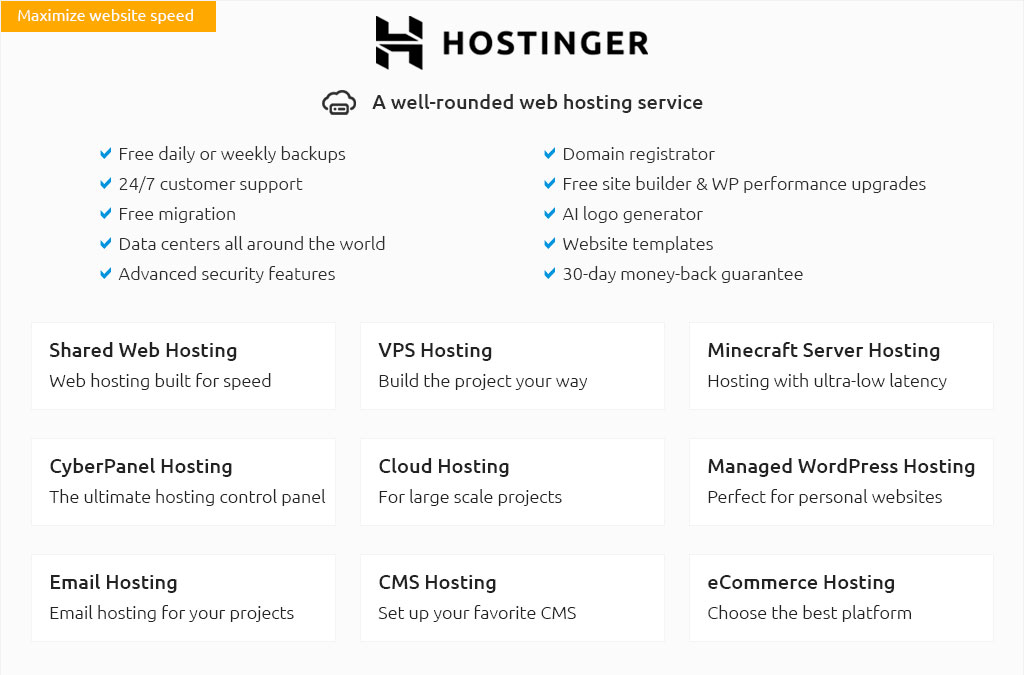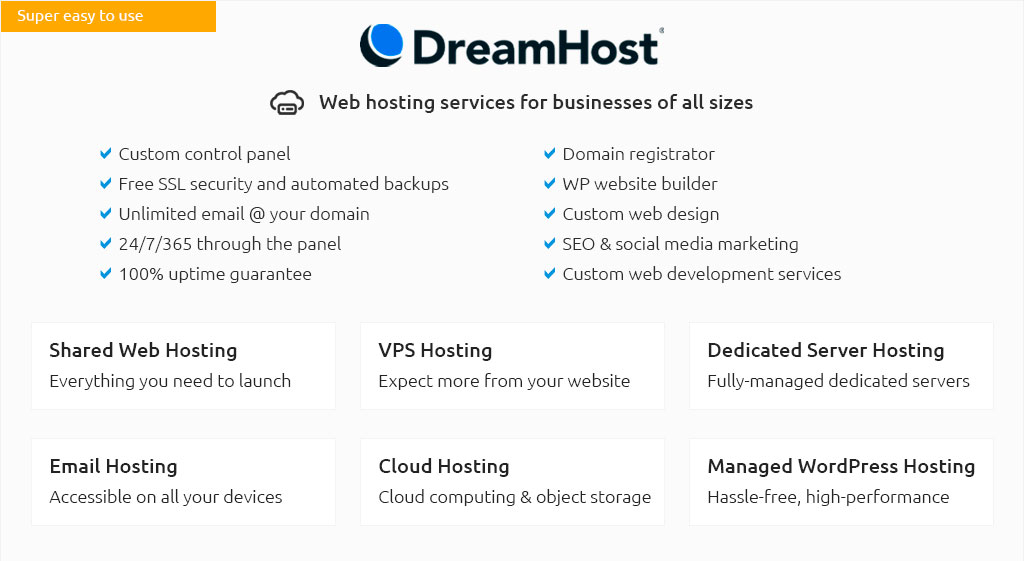 |
|||
 |
 |
 |
|
 |
|
 |
 |
 |
|||
 |
|||
 |
|||
 |
|||
 |
|||
 |
|||
 |
 |
Exploring the Best Host Websites: A Comprehensive GuideWhen embarking on the journey of establishing an online presence, one of the pivotal decisions to make is selecting the best hosting website. This choice can significantly impact your site's performance, security, and ultimately, its success. With a plethora of options available, it becomes imperative to weigh the features and benefits each host provides, ensuring it aligns with your specific needs. In this article, we delve into some of the leading hosting platforms, examining their strengths and potential drawbacks, while offering insights to help you make a well-informed decision. Bluehost is often hailed as a top contender in the realm of web hosting. Its widespread acclaim can be attributed to its user-friendly interface and reliable customer support. Known for its seamless integration with WordPress, Bluehost is an excellent choice for beginners and experienced users alike. The platform offers a range of plans, from basic shared hosting to more robust VPS and dedicated server options. However, some users have noted that while Bluehost excels in many areas, its renewal rates can be higher than expected, so it's something to keep in mind when budgeting. Another formidable player in the hosting arena is SiteGround. Renowned for its exceptional customer service and high performance, SiteGround has carved out a niche for itself, particularly among those seeking a balance between cost and functionality. Its commitment to innovation and security is evident in its regular updates and proactive approach to addressing potential vulnerabilities. The only caveat is that its initial pricing can be somewhat misleading, with renewal rates being significantly higher. For those with a penchant for open-source solutions, DreamHost presents a compelling option. DreamHost offers a wide array of features that appeal to developers and tech-savvy users. Its transparent pricing model and commitment to privacy are commendable. Moreover, DreamHost's custom control panel, while different from the industry-standard cPanel, offers a refreshing change that some users might find appealing. Yet, this same deviation can pose a learning curve for those accustomed to more traditional interfaces. HostGator is another name that frequently surfaces in discussions about reliable hosting solutions. With a strong emphasis on scalability, HostGator is particularly appealing to businesses anticipating growth. It offers a variety of hosting types and generous bandwidth, making it a versatile choice. That said, while HostGator provides a wealth of resources and tutorials, its customer support can sometimes be inconsistent, which might be a point of concern for users who prioritize responsive service. Lastly, A2 Hosting is worthy of mention for its speed-centric approach. A2 Hosting stands out with its turbo servers, which promise faster page loading times-a critical factor in reducing bounce rates and enhancing user experience. Their commitment to environmental sustainability, reflected in their green hosting initiative, adds an ethical dimension to their service offering. However, while performance is a strong suit, users should be aware that the most impressive features are often reserved for higher-tier plans. In conclusion, the best host website for your needs hinges on various factors, including your technical expertise, budget, and specific requirements. While Bluehost and SiteGround offer robust, user-friendly services with excellent support, DreamHost and HostGator provide compelling features for those seeking flexibility and scalability. Meanwhile, A2 Hosting is ideal for users focused on performance and eco-friendly practices. Ultimately, staying well-informed and carefully considering these elements will guide you to a hosting solution that best supports your online endeavors. https://www.quora.com/I-want-to-host-my-small-website-but-my-budget-is-within-10-What-is-the-best-hosting-platform-I-can-use
The best places to host a website under $10 include Bluehost, Hostinger, and DreamHost. These providers offer affordable plans with essential ... https://www.quora.com/What-is-the-best-web-hosting-service-Can-I-host-my-own-website
Hostinger is one of the most affordable web hosts on the market, with prices starting at only 159 per month. Even when compared to other cheap ... https://forums.techsoup.org/t/looking-for-a-free-web-host-option/4462
The answer is Wix best free web host option. Let's discuss some more free web host options. Wix; Atspace; Byethost; Awardspace. Hope This Helps ...
|